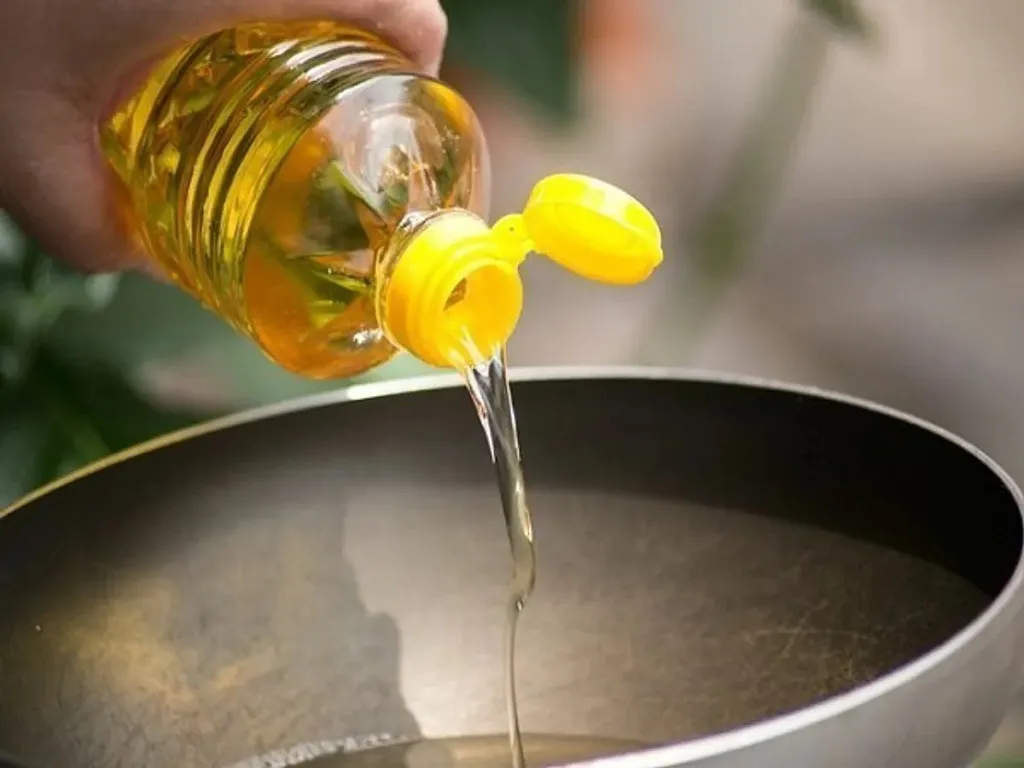84% of global palm oil production comes from Indonesia and Malaysia whilst Ukraine is the largest exporter of sunflower oil in the world, responsible for up to 46% of sunflower seed and safflower oil production, according to the Observatory of Economic Complexity. The second-largest producer is Russia, which exports about 23% of the world’s supply.
When the COVID – 19 pandemic hit Kenya, it saw drastic changes in its economy, especially with the increase in the cost of living. As soon as Kenya began to seemingly manage the Corona Virus situation, then trouble brewed in the North, and the Russian-Ukraine conflict was felt beyond its borders.
In an effort to secure palm oil supply for the sake of domestic use, amidst the global effects of the Covid-19 pandemic and the Russian-Ukraine conflict, the Indonesian government banned exports of palm oil in April 2022. Kenya being a beneficiary of these exports was affected greatly.
The edible oil export ban by Indonesia amidst the Ukraine-Russian conflict greatly affected the global supply of palm oil, crude oil, corn oil, and other domestic commodities like wheat. All this led to an increase in the prices of domestic goods such as cooking oil and wheat flour here in Kenya.
The export ban saw a 35 % increase in cooking oil from a 45% increase in the cost of importing palm oil into the country.
In April, the Food and Agriculture Organization of the United Nations (FAO) price index for oilseeds continued to increase for the eighth consecutive month, gaining 1.3 % a new record high.
According to a report by the FAO, restrictions on the movement of people and people falling ill during the COVOD-19 pandemic had a severe impact on migrant workers; shortages in the workforce in agriculture, processing, and distribution facilities. There were also transport and trade restrictions. All this lead to economies like that of Indonesia experiencing a decline and thus initiating the need to protect domestic commodities.
Shipments were halted on April 28th to ensure domestic supply. However, the 3-week long export ban, seen as the most dramatic case of food protection by a state has been lifted and will in turn reflect in low cooking oil prices in the next coming weeks.
The pain point for most Kenyans has been the rise in prices for the basic food products that are needed in homes for survival. The global conditions at the moment have caused drastic changes in the Kenyan economy, however, this does not mean that we put aside internal solutions that can be actioned by our government.







